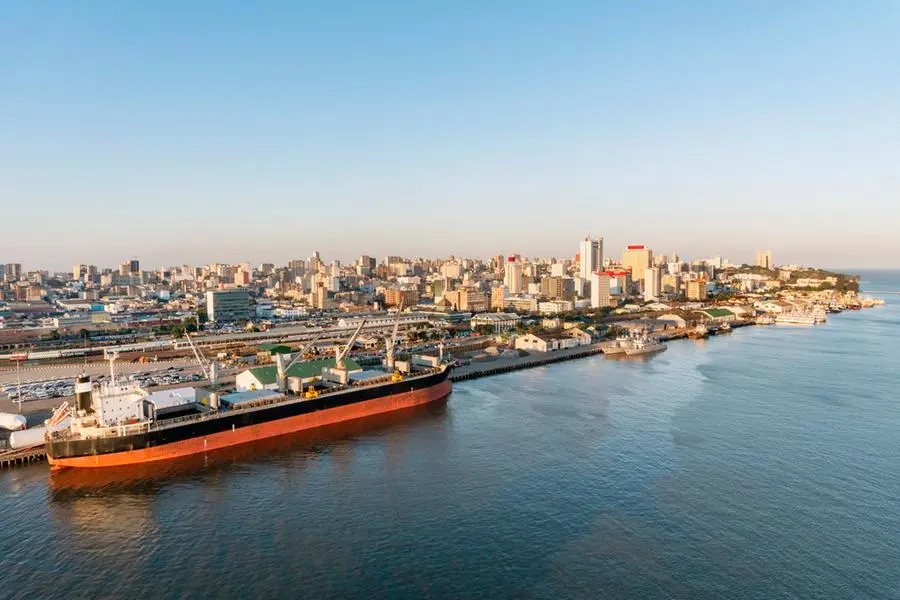PHOTO
GENEVA: The UN Trade and Development’s (UNCTAD) Economic Development in Africa Report 2024 highlighted how economies face heightened uncertainty during major shocks, including the 2008 financial crisis, the 2014 commodity price collapse and COVID-19.
The report calls for stronger regional trade networks to reduce dependence on external markets, enhance stability, mitigate global shocks and unlock the $3.4 trillion potential of the continental free trade area (AfCFTA).
It highlights how bold policy reforms and strategic investments can strengthen Africa’s resilience to global shocks and create new economic opportunities.
“Africa faces serious challenges – from volatile global markets and high debt costs to infrastructure gaps,” said UNCTAD Secretary-General Rebeca Grynspan.
“But these challenges are also a chance to reshape the continent’s economic future. With bold reforms, investment and full implementation of the AfCFTA, Africa can emerge stronger, more resilient and more competitive.” The report uses a new framework to analyse vulnerabilities across six areas:
-Political: Coups, governance challenges and weakened democratic institutions. Africa has seen 220 of the world’s 492 coup attempts since 1950.
-Economic: High debt, trade imbalances and inflation. Nearly half of African nations had debt-to-GDP ratios above 60% in 2023, with many spending more on debt interest than education or health.
-Demographic: Rapid population growth and migration pressures.
-Energy: Dependency on fossil fuels and limited renewable infrastructure. Over 50% of the continent’s energy supply still comes from fossil fuels.
-Technology: Digital divides and under preparedness for disruptive innovations.
-Climate: Extreme weather and dependence on climate-sensitive agriculture. Climate disasters affected 110 million Africans, causing $8.5 billion in damages in 2022.
These challenges are deeply interlinked, amplifying economic instability, according to the report.




















